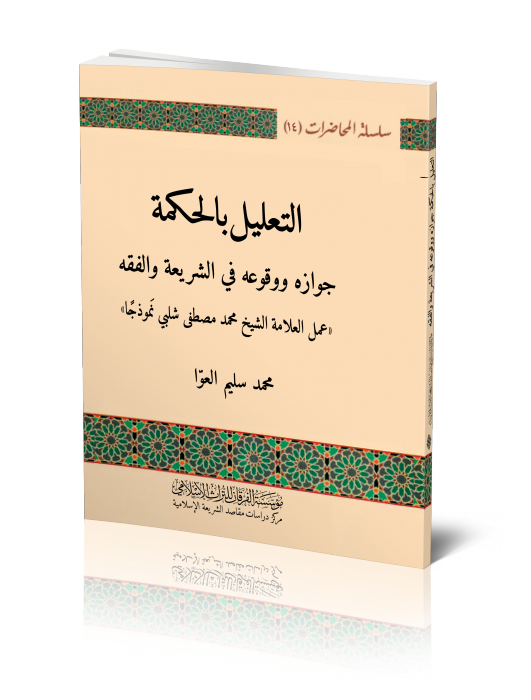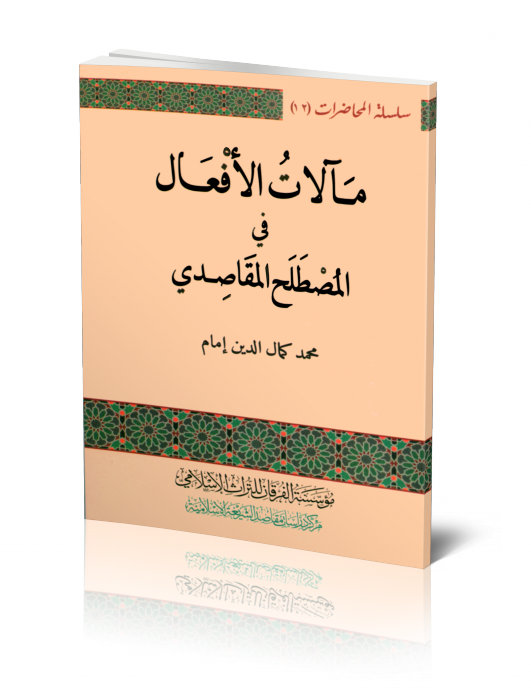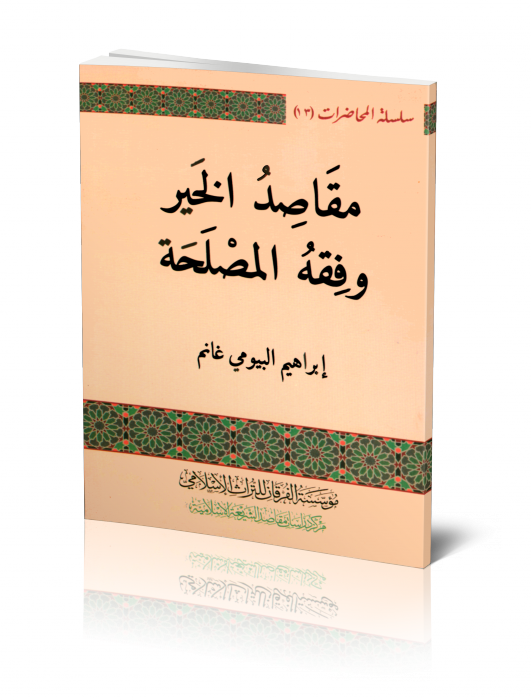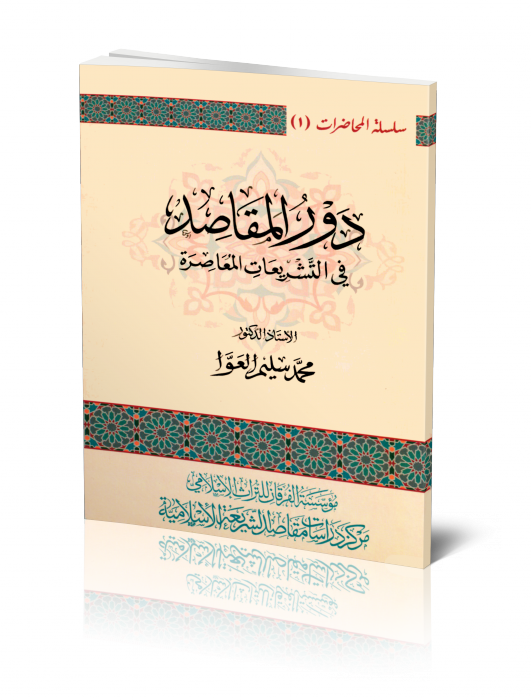Causation Based on Wisdom: Admissibility and Instances in Islamic Law and Jurisprudence (The Work of Shaykh Muhammad Mustafa Shalabi as a Model)
This lecture formed part of the proceedings of the training course organised by the Centre for the Study of the Philosophy of Islamic Law at Al-Furqān Islamic Heritage Foundation, in partnership with the maqāṣid Research & Studies Centre (Rabat), Université Sidi Mohamed Ben Abdellah (Sais-Fes), the Master Course on the “Philosophy of Islamic Law (Maqāṣid al-Sharīʿah) in the Maliki School of Jurisprudence (fiqh)” and the Faculty of Letters & Humanities (Sais-Fes), and held over three days, on 28 - 30 May 2014, Fez, Morocco, under the title “Applying the philosophy of Islamic Law (maqāṣid) between fear and leniency”. Dr Mohammad Salim al-Awwa exerted clear scholarly effort, offering evidence in his lecture of causation (taʿlīl) of Sharīʿah rulings (aḥkām) in the statements of leading scholars in this regard; for example Shaykh Badran Abu al-‘Aynayn Badran: “the majority of scholars would resolve in their juristic efforts (ijtihād) that the purpose for which Allah has legislated rulings (aḥkām), was only for the interest (maṣaḥah) of attaining a good, or preventing a harm, and hence, this interest is in itself the objective intended by the legislation, and is termed wisdom (ḥikmah). Indeed, Allah, the Exalted, acts only in accordance with the wisdom inherent in His Laws in creation, and for His Ruling to have a purpose in no way erodes the perfection ascribed to Him; moreover, he points to the consensus of the rationalist (Muʿtazilah) school, in that His Rulings, the Exalted, are underpinned by the interests of the slaves, and that Sunni Muslims (Ahl al-Sunnah) believe that He, the Almighty, does not act except but to achieve the advance of earthly life, and the good of human beings, in accordance with His Will, Most Powerful, Most Great, as concluded by the eminent scholar, ‘Alāl, al-Fāsi, may Allah have mercy on him. Dr al-Awwa’s lecture was marked by entertaining presentation, excellent analysis as to the approach of causation, and its development in the times of free juristic effort (ijtihād) and imitation (taqlīd). The lecturer cleverly addressed the subject matter, especially since he submitted the work of his own teacher— the eminent scholar, Muhammad Mustafa Shalabi, may Allah have mercy on him, as a model; both teacher and student, belong to the school advocating a “new approach” to the study of legal theory and maqāṣid, which brings justice in application, and plants tranquillity in the heart, because Allah, the Almighty, has legislated His Rulings for high purposes, bringing benefits to people and preventing harms; indeed, Allah, the Almighty, has demonstrated the harms inherent in some acts, urging their avoidance, and the good inherent in others, urging their performance.
 Shared Knowledge
Shared Knowledge


 Consequences of Acts in the Term of the Purposes of Islamic Law
Consequences of Acts in the Term of the Purposes of Islamic Law The Purposes of Good and the Jurisprudence of Public Interest
The Purposes of Good and the Jurisprudence of Public Interest The Role of the Purposes of Islamic Law in Contemporary Legislation
The Role of the Purposes of Islamic Law in Contemporary Legislation